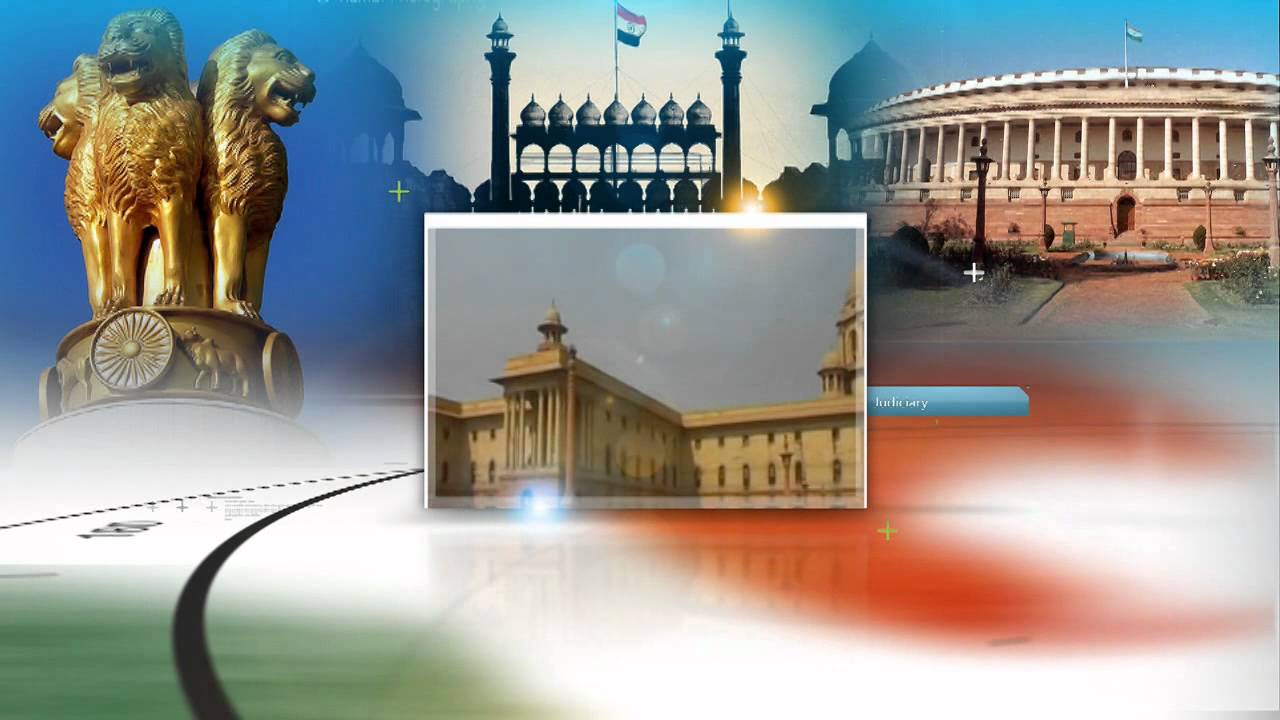Supreme Court Ruling on Relaxing Bail Provision
Context:
Recently, a Supreme Court ruling said that relaxed bail provisions for first-time offenders under the new criminal law Bhartiya Nagrik Suraksha Sanhita (BNSS) will have a “retrospective effect”.
Provisions for undertrials in BNSS:
- Both the BNSS (Section 479) and the Criminal Procedure Code, 1973 (Section 436A), address the maximum period an undertrial prisoner can be detained.
- Both provisions allow for the release of undertrials on bail if they have been detained for up to half the maximum period of imprisonment for the offence, except for crimes punishable by death or life imprisonment.
- The BNSS introduces a provision for first-time offenders, reducing the detention period required for release on bond to one-third of the maximum imprisonment period, provided they have not been previously convicted.
- Impact on Overcrowding: The ruling is expected to alleviate the severe overcrowding in Indian prisons, where approximately 75% of the total prison population of 573,200 are undertrials.
State of undertrials in India:
- According to NCRB data 2022, undertrial prisoners made up approximately 76% of India’s total prison population, up from 66% in 2012, with a sharp increase during the COVID-19 pandemic.
- Regional disparities exist, with Delhi seeing over 90% undertrials in 2020, Bihar nearly doubling its undertrial population from 2019 to 2021, and Jammu & Kashmir reporting 86% undertrials in 2022.
- Marginalised communities, including SCs, STs, and OBCs, constitute two-thirds of undertrial prisoners, reflecting systemic caste and socioeconomic disparities.
Reasons for high undertrials in India:
- Overburdened Judicial System
- Case Backlog: Over 4.7 crore cases were pending in Indian courts as of May 2022, with 87.4% in subordinate courts.
- Insufficient Judges: India has only 21 judges per million people, far below the recommended 50 per million, worsening the backlog and delays.
The Standing Committee on Home Affairs( (Chair: Mr. Brijlal) report reveals other reasons
- Socioeconomic Factors
- Economic Disparities: Many undertrial prisoners are from economically disadvantaged backgrounds, limiting their access to legal representation and bail. Over 60% of arrests are reportedly unnecessary, disproportionately affecting the poor.
- Educational Background: In 2021, 25.2% of prisoners were illiterate, and 40.2% had not completed high school, hindering their understanding of legal rights and processes.
- Issues with the Bail System
- Bail Accessibility: While bail provisions exist, the poor struggle to secure bail due to financial constraints, while the affluent often obtain bail easily.
- Arbitrary Arrests: Issues with arbitrary arrests persist, often without sufficient evidence, exacerbated by a lack of accountability within law enforcement agencies.
Steps taken to address issue of undertrials in India:
By Government:
- National Legal Services Authority (NALSA)
- Free Legal Aid: NALSA offers free legal aid to undertrial prisoners, ensuring they have legal representation during their trials.
- Undertrial Review Committees (UTRCs)
- Regular Reviews: UTRCs regularly assess undertrial prisoners’ cases to determine eligibility for bail and recommend releases, aiming to reduce the prison population.
- Prison Modernisation Schemes
Model Prison Manual 2016 is a comprehensive document prepared by the Ministry of Home Affairs (MHA) to bring uniformity in the administration of prisons and management of prisoners across India. .
Infrastructure Development: Government initiatives focus on upgrading prison infrastructure, improving living conditions, medical care, and sanitation.
- Amendments to Bail Provisions
-
- Bail Reforms: Section 479 of BNSS aims to make bail more accessible, with an emphasis on making bail the norm rather than the exception.
- Probation of Offenders Act, 1958
-
- Rehabilitation Focus: The Act promotes rehabilitation by allowing offenders to be released on probation, offering alternatives to imprisonment and reducing the number of undertrials.
- National Prison Portal : It is a digital platform aimed at increasing transparency and efficiency in the oversight of prisons throughout India.
- E-Prisons Platform: The government is upgrading the E-Prisons platform to streamline prisoner management and legal aid processes, improving coordination between legal services authorities and prison officials to identify and assist prisoners in need.
- Recommendations of All-India Committee on Jail Reforms (also known as Justice Mulla Committee:1980-83)
-
- Legal Reforms:
-
-
- Amendments to Existing Laws: Recommended changes to personal laws regarding marriage, divorce, and inheritance to ensure gender equality.
- An all-India service, called the Indian Prisons and Correctional Service, should be constituted.
- After-Care and Rehabilitation: The committee highlighted the importance of after-care, rehabilitation, and probation as integral parts of the prison service, focusing on reintegrating prisoners into society.
-
By Supreme Court:
- Hussainara Khatoon vs Home Secretary, State of Bihar (1979): Speedy trial is a fundamental right under Article 21.
- Sunil Batra vs Delhi Administration (1978): The need for free legal aid and reforms in prison management was affirmed, something that has been incorporated under Article 39A through the 42nd Constitutional Amendment Act, 1976.
- Since 2013, the Supreme Court of India has been actively monitoring the case Re: Inhuman Conditions in 1382 Prisons, which addresses significant issues regarding the conditions of prisons across the country.
- Bhim Singh vs Union of India (2014): Expedite trials and release prisoners who have served half of the maximum sentence for their offences.
Constitutional Provisions:
- Article 21:No person, including those under trial, shall be deprived of life or personal liberty except according to the procedure established by law.
- Article 22:Undertrials have the right to consult and be defended by a legal practitioner of their choice (State of Madhya Pradesh vs. Shobharam, 1966).
- Article 39A: The State must ensure that the judicial system promotes justice and provides free legal aid, which includes under trials also.
- Entry 4, List II, Seventh Schedule: The administration and management of prisons fall under state governments. States are primarily responsible for prison management, while the central government can provide guidelines.
Ethical dimensions involved in rising undertrials in India



